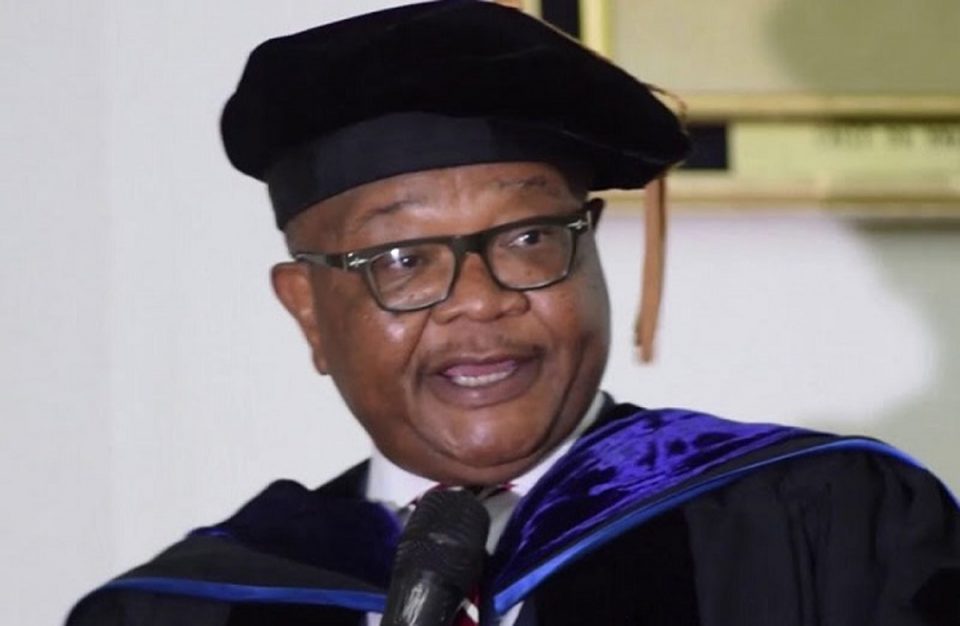Panelists at the 2022 Infrastructure Dialogue, held in Abuja have criticised the nation’s debt profile and corresponding poor infrastructure.
One of the speakers, Prof Osita Ogbu, warned that there would be repercussions if the debts are rising while productivity is low and the infrastructure stock is not rising. The countr’s total public debt according to the Debt Management Office (DMO) is $92.6 billion.
Ogbu, a former Presidential Economic Adviser during the Obasanjo administration, noted that the country can’t continue to borrow to consume if the cost of governance consumes five per cent of its revenue.
“You already know that something is wrong. We have an Oronsaye report that says we must collapse infrastructure. There are people that go to work on a daily basis-for one year, two years, three years, four years- and they have not produced one thing. There are refineries that produce nothing but incur billions in cost and you are asking me to advise, what are you asking me to advise? Is the advice not obvious?” Ogbu quipped.
The professor of economics, described as a fallacy the notion that government has no business in running business, adding that as long as the national politics is wrong, the economics will also take a hit.
Also a former Economic Adviser, Office for National Statistics, UK, Dr Kayode Adaramodu, warned that Nigeria will not get anywhere without a national plan.
He urged policy formulators to get the country’s policy right saying a borrowed Western policy will not work for the country.
“Taking debt is not a problem but borrowing for consumption is a problem”, Adaramodu said.
The former banker said Nigeria does not have anything to fund its 2021 federal budget projected at $34.51billion, while also warning that the country won’t go anywhere until it becomes productive.
In his presentation, the Managing Partner, Deutsch Partners Holding (DPH), Dr Onuoha Nnachi, identified Nigeria’s infrastructure deficit as one of the biggest factors holding back its growth and development.
He said the country’s financing shortfall for infrastructure will be a staggering $3 trillion over the next 30 years.
According to the DMO, the value of the country’s total infrastructure stock represents only 35 per cent of the GDP, which is significantly below the 70 per cent average for an emerging economy.




